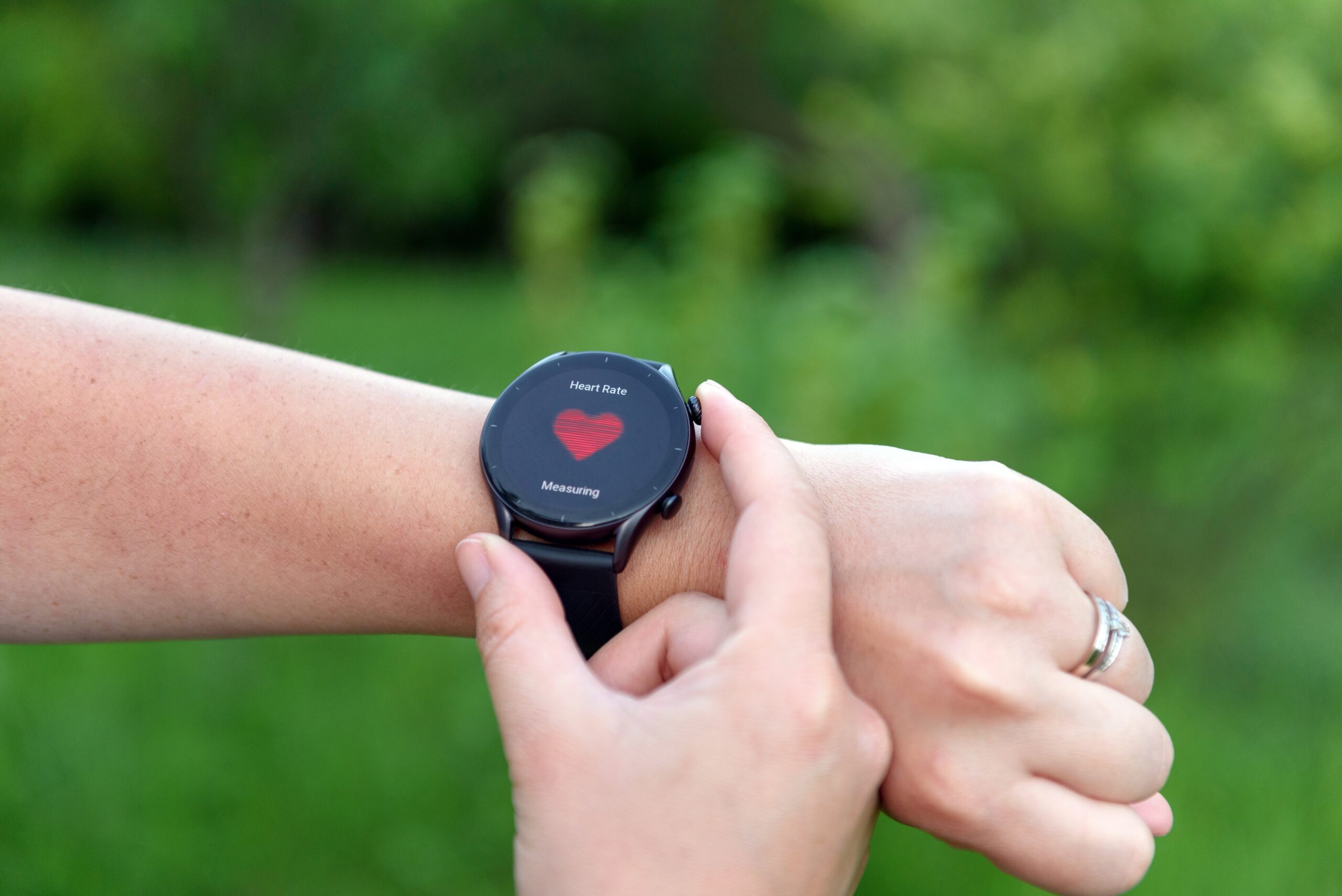
Wearable Devices and Psychological Well-being: Insights from Atrial Fibrillation Patients
Atrial fibrillation (AF), a prevalent cardiac condition marked by an irregular heart rate, affects over 33 million adults globally. This condition significantly increases the risks of stroke, heart failure, cognitive impairment, and early mortality. Patients with AF often use wearable devices, such as smartwatches and fitness trackers, to monitor key health metrics, including stress levels, physical activity, weight, heart rate, and sleep patterns.
Devices like the Apple Watch, which are equipped with medical-grade sensors and FDA-approved software, help track irregular heartbeats associated with AF and can provide single-lead electrocardiogram (ECG) data. While the continuous health data provided by these wearables is thought to encourage healthier lifestyles, research indicates that AF patients may excessively monitor their heart-related parameters. This over-monitoring can lead to increased anxiety and obsessive behaviors. Around 25% to 45% of individuals with AF experience psychological stress and anxiety that significantly impacts their quality of life.
As such, the use of wearable devices could potentially exacerbate these issues and lead to unnecessary medical consultations. Understanding how these technologies affect the psychological well-being of AF patients is crucial. This study integrated survey data with longitudinal data to explore the psychiatric and clinical effects of wearable device use among AF patients. The study focused on adult outpatients with AF from an academic medical center in North Carolina, with data collected between December 1, 2022, and February 27, 2023.
